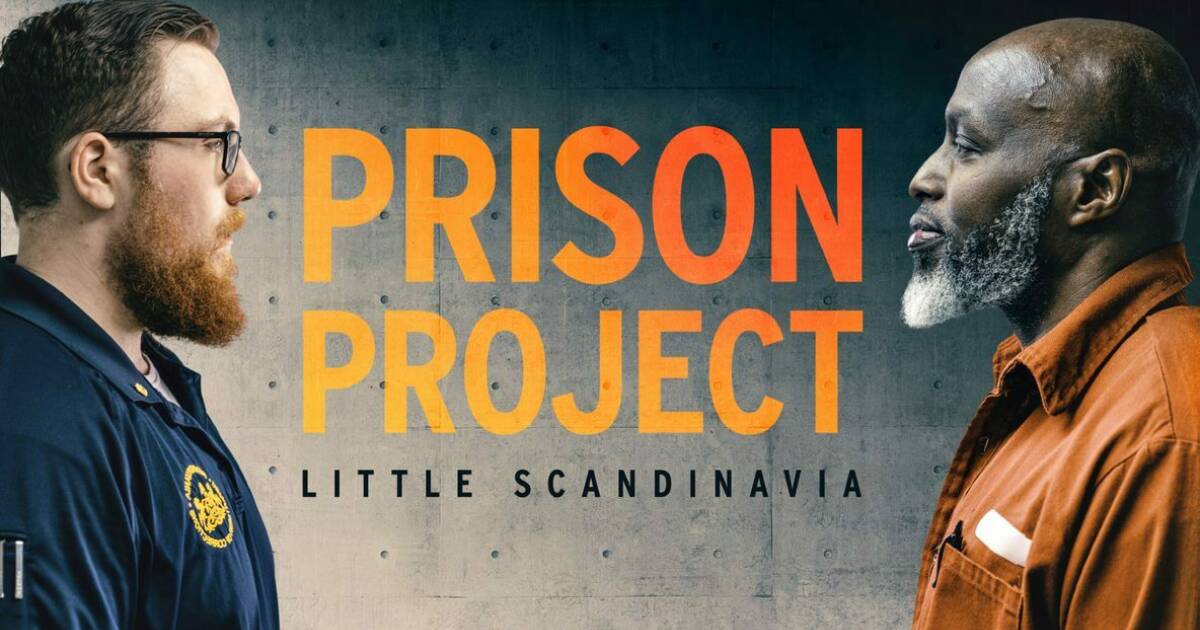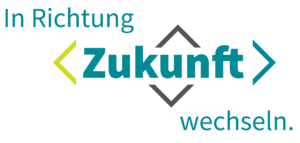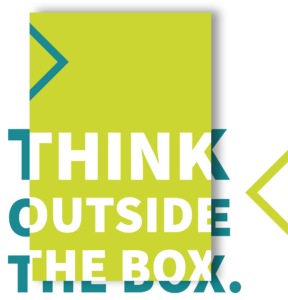
In the complex and challenging realm of the prison and rehabilitation system, aligning with best practices is crucial for achieving effective and humane outcomes. The pursuit of excellence in this field is driven by the need to balance security and (re)integration, ensuring that incarcerated individuals are prepared for successful (re)entry into society.
Best practices in this context are grounded in empirical research, experience, and a commitment to improving both, individual lives and broader community safety. By sharing inspirational practices, we want to inspire practitioners, politicians, and researchers and promote a more just and effective prison system.
On this page, we present some particularly outstanding best practices that stand out for their impact and efficacy in transforming the prison and criminal legal system. These practices are pivotal for fostering positive change and achieving long-term success in the quest for a more rehabilitative and rehabilitative-focused approach in prisons.
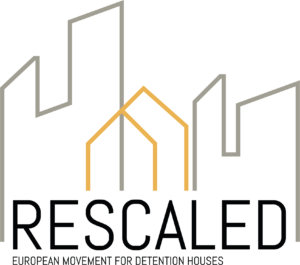
RESCALED challenges the concept of prison & proposes small-scale, differentiated & community-integrated detention houses. When small-scale, it will be easier for incarcerated persons to build trust, make choices & gain responsibility. They will leave the detention house as a part of the community – with a good support system and the tools they need to face life after release.
On June 11th, 2024, the General Assembly of RESCALED welcomed 10 new members. The European Movement for Detention Houses now includes seventeen European countries – one of them being Austria, represented by Richtungswechsel.
We are very excited to be part of this growing movement. Our shared vision are inclusive, safe, and sustainable societies for all. A vision we aim to realise, among other ways, by supporting the use of detention houses instead of large prison institutions.
The Scandinavian Prison Project is an international, interdisciplinary research project focused on documenting the development, implementation and impact of a groundbreaking prison reform initiative led by the Pennsylvania Department of Corrections in ongoing collaboration with the correctional services in Sweden (Kriminalvården) and Norway (Kriminalomsorgen).
One of the main goals of the Scandinavian Prison Project is to assess the impact of the Little Scandinavia unit on both in-prison outcomes (such as prison climate and misconducts) and post-release outcomes (such as employment and future offences).
To achieve this, incarcerated people are assigned to the unit based on a lottery system. This means that all eligible incarcerated people have an equal chance of moving to the Little Scandinavia unit.
EMPOWERING CHANGE
In addition to facilitating a robust research process, this approach is arguably more fair than handpicking people and it ensures that the men on Little Scandinavia are representative of the population at SCI Chester as a whole.
To assess the myriad impacts of the reform beyond what can be glanced from administrative data, the research team conducts regular surveys of the incarcerated population and interviews staff and residents on the unit to better understand the lived experience of the people living and working there.
Watch the extended trailer of the documentary “The Prison: Little Scandinvia”


Incarceration Nations Network (INN) is a global network and think tank that supports, instigates and popularises innovative prison and justice reimagining efforts around the world. They work to promote human rights and innovative reforms of the justice system. To do this they have a large database of initiatives and programs working to reimagine the prison system. INN also partners with initiatives that they deem to be of particular interest. Furthermore, INN organises various knowledge exchanges, learning trips and advocacy campaigns.
Prison Reform & Reimagining Programs Worldwide
Some 11.5 million people worldwide are currently behind bars & this is increasing. More than 3.2 of the 11 million people behind bars have not been convicted of anything, they are legally innocent people awaiting trial. Despite being known as mass incarceration, it does not impact the masses on equal terms. ‘Othered’ communities are targeted by and thus caught up in criminal justice systems at dramatically disproportionate levels.
In essence, prisons are global repositories for the profoundly underprivileged. INN focuses on creating systemic changes internationally to work towards a world without prisons.
FrameWorks is a nonprofit think tank that helps mission-driven organisations communicate about social issues in ways that build public will to support progressive change. “Bridges From Prison” is a report making the case for the importance of creating positive ‘bridges’ from prison by FrameWorks UK.
The vast majority of people who serve time in prison will leave at some point. And, when they do, most will need support to enable them to continue with their lives and contribute to society. Evidence shows job opportunities and supportive relationships, such as family, are two of the most significant things that will help.
The organization’s signature approach, Strategic Frame
Analysis®, offers empirical guidance on what to say, how to say it, and what to leave unsaid. FrameWorks designs, conducts, and publishes multi-method, multidisciplinary framing research to prepare experts and advocates to expand their constituencies, to build public will, and to further public understanding. To make sure this research drives social change, FrameWorks supports partners in reframing, through strategic consultation, campaign design, FrameChecks®, toolkits, online courses, and in-depth learning engagements known as FrameLabs.
FrameWorksUK_BridgesFromPrison_CommsToolkit_Nov22_AW
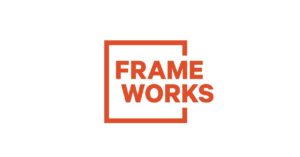
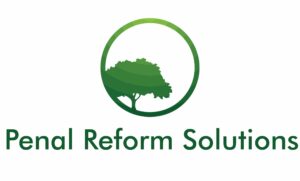
Penal Reform Solutions offers a range of services to transform organisational culture in prisons, probation and correctional services. They facilitate organisational growth through the creation of a safe environment where everyone can grow, to ultimately reduce social harm within prisons and wider communities.
Transform, Belong, Grow
The Social Office (Escritório Social) is a Brazilian initiative providing free support services to individuals leaving the prison system as well as their families. It offers assistance in professional qualification, employment, education, housing, documentation, and health, thereby facilitating their social reintegration and reducing recidivism.
- Created by: National Council of Justice (CNJ) in 2016, expanded with the UNDP’s ‘Doing Justice’ Programme, and supported by the Ministry of Justice and Public Security.
- Managed by: The Judiciary and Executive Branch, with local partnerships.
- Objective: Assist former incarcerated people with reintegration, promoting dignity, human rights, and equal opportunities.
The Social Office is vital for rehabilitation and preventing reoffending, helping formerly incarcerated individuals r(e)integrate into society, and building safer, inclusive communities. Its success is evidenced by the development of a national policy and the construction of a support network across Brazil.
From 2021 to 2023, over 44,000 individuals were assisted by The Social Office units in 21 states in Brazil.


In Finland, Smart Prisons allow prisoners to use personal cell devices for digital rehabilitation, including restricted internet access, video calls, and emails. These services help reduce recidivism by providing access to public services, education, and healthcare, supporting reintegration into society. The concept aligns with the Nordic principle of normality, ensuring prison conditions mirror those in normal society, thus upholding prisoners’ basic and human rights.
Annual surveys conducted in 2022, 2023, and 2024 show that the Smart Prison concept supports rehabilitation, protects the basic and human rights of prisoners, and enhances staff workflows and resource management. Additionally, prisoners gain essential digital skills, which are crucial for education, employment, and managing daily life after release, helping to prevent digital marginalization. The latest advancement in prison digitalization includes introducing Artificial Intelligence (AI) into corrections, where prisoners can engage in AI training as prison labor, take online courses on AI, and use virtual reality (VR) programs for rehabilitation. An AI-based service recommender system also helps prisoners find appropriate public and NGO services tailored to their needs.
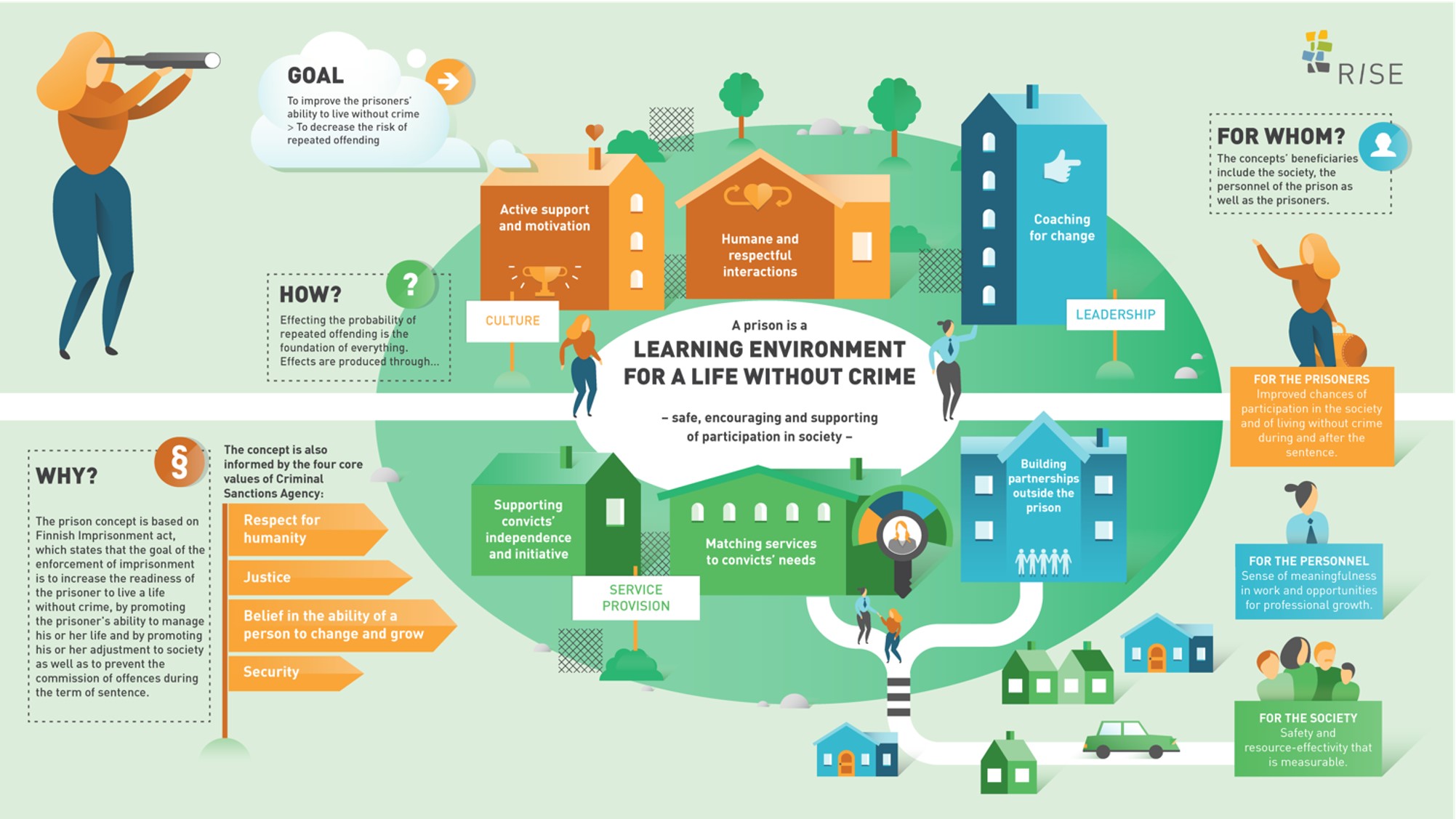
The Howard League for Penal Reform is a British organization that advocates for a more humane and effective response to crime. Its goal is to reform the criminal justice system to reduce reoffending and make the prison system less punitive and more just. The Howard League works to reduce the use of prisons as a means of punishment and calls for greater investment in education, housing, health, and employment to prevent crime in the long term.
Howard League for Penal Reform – For a Fairer Response to Crime
The Howard League for Penal Reform is a leading British organization advocating for profound changes in the criminal justice system. Their approach aims to develop a more humane and effective response to crime that ensures justice for all and reduces reoffending.
Their Approach:
The current criminal justice system is often cruel and counterproductive. The Howard League believes that punishment should be associated less with cruelty and more with humanity and effectiveness. They advocate for a drastic reduction in the prison population and the improvement of conditions and opportunities for those incarcerated. The organization acknowledges that the current system disproportionately criminalizes and punishes certain groups, undermining the legitimacy of the entire justice system. Urgent reforms are needed in the interest of fairness and equality.
The Howard League envisions a solution that extends beyond the criminal justice system. They believe that the answers to crime lie in a fairer society that invests in education, housing, employment, and health. Only then can long-term, sustainable solutions be found. The organization advocates for a society that gives people a second chance and believes in their capacity for change.
Facts and Figures:
The prison population in the UK is growing rapidly. By March 2028, up to 114,800 people are expected to be incarcerated in England and Wales. This trend highlights the urgent need for reform. The Howard League not only campaigns for a significant reduction in the use of prisons but also for better conditions for those who remain incarcerated. They also recognize the harmful effects of community supervision and alternatives to imprisonment, which paradoxically often lead to more people being sent to prison rather than kept out of it.
Long-term Vision:
The Howard League believes the key to reducing crime does not lie in expanding the criminal justice system but in creating a fairer society. They are pushing for comprehensive reforms that ensure fair access to education, housing, health, and jobs. The organization believes that excessive punishment ultimately harms society more than it helps. They advocate for the belief that everyone is more than their worst decision and that society should give everyone a second chance to change.
Through their five-year strategy, the Howard League aims to address the current prison crisis in Britain while continuing to work on creating long-term, fairer solutions.


A Life of Choices is dedicated to empowering individuals and communities by addressing challenges related to youth violence, rehabilitation, and family well-being. The organization focuses on supporting mothers whose children have been impacted by the criminal justice system, equipping them with tools to lead their families, maintain healthy relationships, and play an active role in the rehabilitation process.
The mission is to shift narratives from blame to collaboration by creating holistic solutions that promote healing, resilience, and empowerment. Through grassroots initiatives, workshops, and accredited programs, A Life of Choices fosters personal growth, effective communication, and community transformation while advocating for systemic change.
Movant (a Swedish organisation for adult education), in collaboration with the Swedish Prison and Probation Service (Kriminalvården) and the Swedish Employment Assistance Agency (Arbetsförmedlingen ), provides training programs for incarcerated individuals in Sweden. Their mission is to empower incarcerated individuals with practical skills and qualifications that facilitate their reintegration into society, reducing the likelihood of reoffending.
Movant’s programs are designed to bridge the gap between incarceration and employment. They offer training in fields such as construction, industrial technology, and electronics. A majority of those completing the trainings end up getting a job after they finished their incarceration period. This initiative not only helps formerly incarcerated individuals (re)integrate into society but also encourages second chances to those willing to take them.


Nacro is a British social justice charity committed to helping people in vulnerable positions get another chance at life, some of the groups they work with are homeless people, young people in vulnerable positions, people suffering from addiction and people in the justice system – including formerly incarcerated people. Narco works to provide access to education, housing and justice support, for formerly incarcerated individuals this can be a vital step to social (re)integration and a second chance at life.
Specific services which Narco provides for people in the justice system include liaison and diversion services at police custody and court, wellbeing and support services individuals and housing services for formerly incarcerated individuals. Apart from these direct services Narco also works with advocacy and policy research aiming to create a more humane justice system.
Each year Narco supports around 28 000 people across the UK, providing over 3 000 people with housing.
Lives Not Knives (LNK) was founded in 2007 when UK was faced with a surge of youth crime and youth violence. The organisation was formed as an awareness campaign aimed at informing youths and parents of knife crime. However, overtime the organisation has developed and while still having a focus on knife crime they now work to help youths break out of the cycle of criminality.
To do this they provide services such as one-to-one mentoring of kids giving support and advise, roadshows in schools raising awareness of the issue and a six-week summer program providing activities and lunch for youths in the local community. Additionally, LNK runs a youth hub two days a week for young people in south London. All this work has helped raise awareness about knife crime and youth violence among their participants.


Amend at UCSF works to promote public health and human rights in prisons. The aim of the program is to reduce the harmful affects of prison on both incarcerated individuals and staff. Due to overcrowding and a tendance for US prisons to focus on punishment rather than recovery both staff and incarcerated individuals suffer. Amend works to change these norms and the current prison culture as well as to support people currently suffering.
To achieve this Amend carries out initiatives such as a culture change initiative bringing international best practises to inspire change, offering analysis and technical assistance to improve the health system in prisons, providing analysis on health policy in state and federal legislation, as well as carrying out research and evaluation.
Each year Narco supports around 28 000 people across the UK, providing over 3 000 people with housing.
Belong is a UK-based organization working to support hope and recovery for both victims and perpetrators of violence, working both to achieve long-term change to conflict and crime but also offer individualised responses. To do this they offer services such as mentoring, creative psychotherapy and restorative justice. Additionally, Belong also works to provide trainings for criminal justice staff and hard to reach incarcerated individuals in trauma-informed and restorative approaches.
Belong works with hundreds of people every year, allowing everyone including victims and perpetrators to have their voice heard and be supported in their attempts to create a better future. Though their work Belong aims to be part of the change towards a more humane and affective criminal justice system.
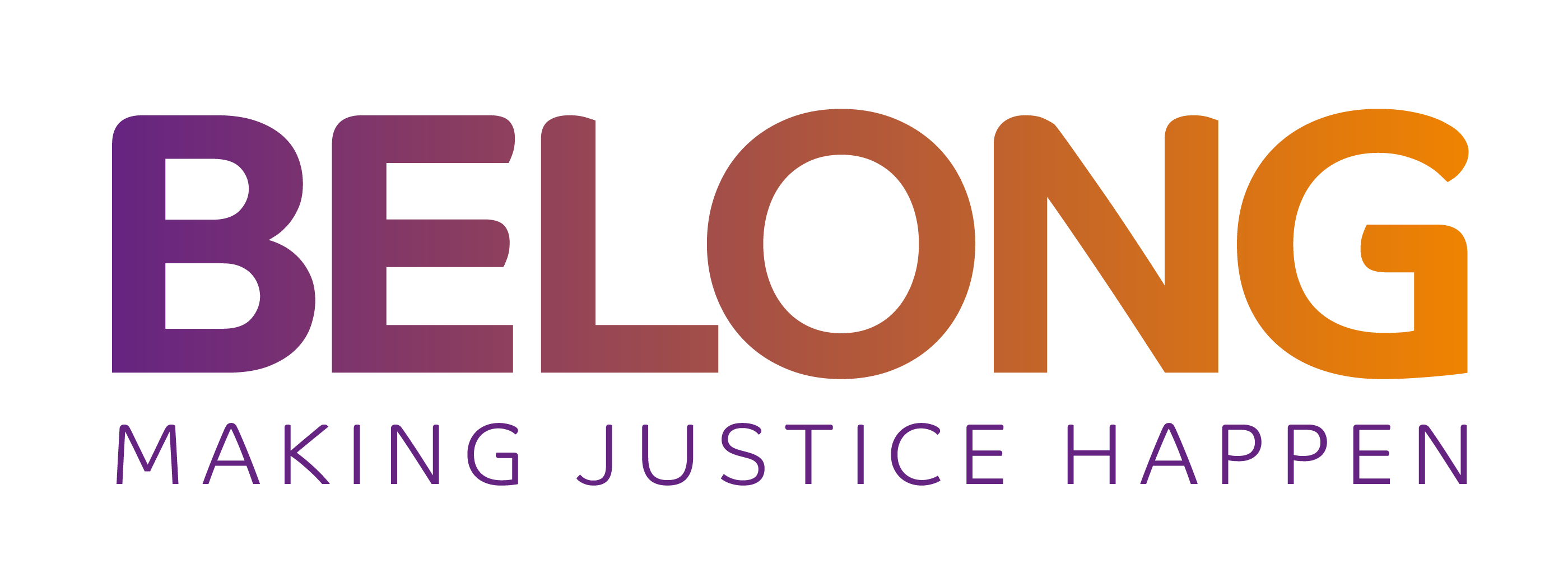
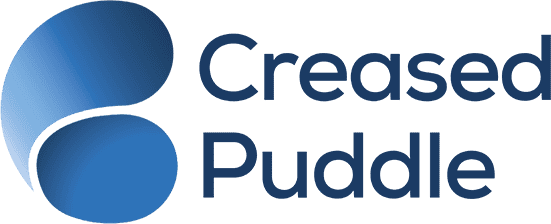
Creased Puddle is an initiative which works to increase knowledge and understanding of Neurodiversity by providing practical solutions for organisation who wish to learn more about Neurodiversity. Within this work The Creased Puddle works directly with different parts of the justice system including police, courts and at prisons.
One example of this work is providing webinars and training for police increasing awareness and understanding of neurodiversity. Creased Puddle has delivered over 1000 hours of policy trainings across the world. Each year Narco supports around 28 000 people across the UK, providing over 3 000 people with housing.
The Criminal Justice Alliance is a network of over 200 actors in England and Wales working towards a fairer and more effective justice system. Their members include organisations such as research institutions, charities, think tanks and social enterprises which work in across the whole justice system in areas such as crime prevention, sentencing, prisons, and mental health.
The Criminal Justice Alliance works to achieve sustainable change towards a more fair and effective justice system. To achieve this, they conduct research and advocacy – carrying out research of the justice system and promoting their findings to policy makers, as well as attempting to bring together policy makers with practitioners, researchers and people with lived experience of the justice system to create opportunities for learning and collaboration.


The Clink Charity is a UK-based organisation which runs a number of restaurants across the UK employing incarcerated individuals working in hospitality. The charity runs training programs allowing incarcerated individuals to gain qualifications in the industry which will help them after release. Additionally incarcerated individuals with 3-24 months left of their sentence can participate in their volunteering program which allows them to carry out full time trainings, supporting their transition into the job market after their release.
The charity also helps individuals who have joined their programs to find accommodation after their release.
In 2023 the charity provided training for 830 incarcerated individuals, and 52% of graduates were able to find employment after their release.
Unlocked Graduates runs a two-year leadership development program designed to create leaders who can tackle and break reoffending in prisons and encourage social (re)integration. The two-year master’s degree over 100 hours of mentoring, a work placement and a research project. Allowing students not only to get personalised support but also to independently develop their skills.
The program is designed for individuals who can create a positive impact and want to make changes in people’s lives inside the correctional system. After completing the program students will have gained skills to engage incarcerated individuals and support them to (re)integrate into society as well as a systemic understanding of the correctional ecosystem.

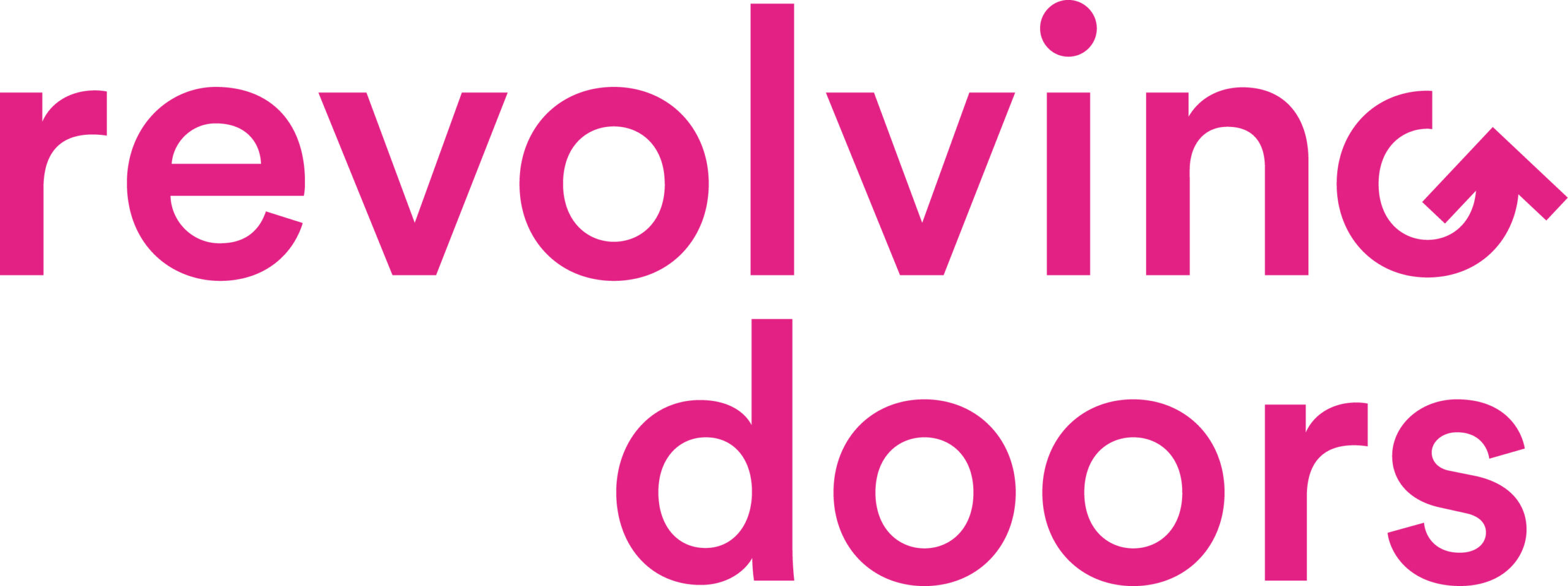
Revolving Doors Agency works to tackle root causes of repeat criminality including poverty, homelessness, mental health issues and drug and alcohol abuse. The Revolving Doors Agency advocates for a humane approach to criminal justice, supporting people who fall back into criminality due to unmet needs.
To do this Revolving Doors Agency work to empower the voices of those who have lived experience of the justice system, using their experiences to advocate for a system change as well as working to promote and suggest policy design from a holistic perspective. Additionally, they work to encourage innovation encouraging new ways of working and delivering services.
Revolving doors have reached over 2500 people through the services they support and have 53 peer research missions.
RESHAPE is a Portuguese NGO and RESCALED member dedicated to ensuring the dignified social (re)integration of currently and formerly incarcerated individuals.
They believe in the importance of societal awareness of the challenges faced by individuals deprived of liberty. Social reintegration, therefore, must be the responsibility of all of us—including local communities, businesses, and not solely the government.
With RESHAPE Ceramics, the organisation provides training and a living wage to artisans while incarcerated and offers transitional employment and mentoring post-release.
RESHAPE’s mission is realised through innovative approaches that provide tools and stimuli necessary for effective reintegration.
Participant Testimonies:
“I started to occupy my mind with the training, with other ideas and routines, which was great!”
“It helps a lot to deal with everyday situations, when there are conflict situations, which are not always easy to deal with. It has had a good impact on me”

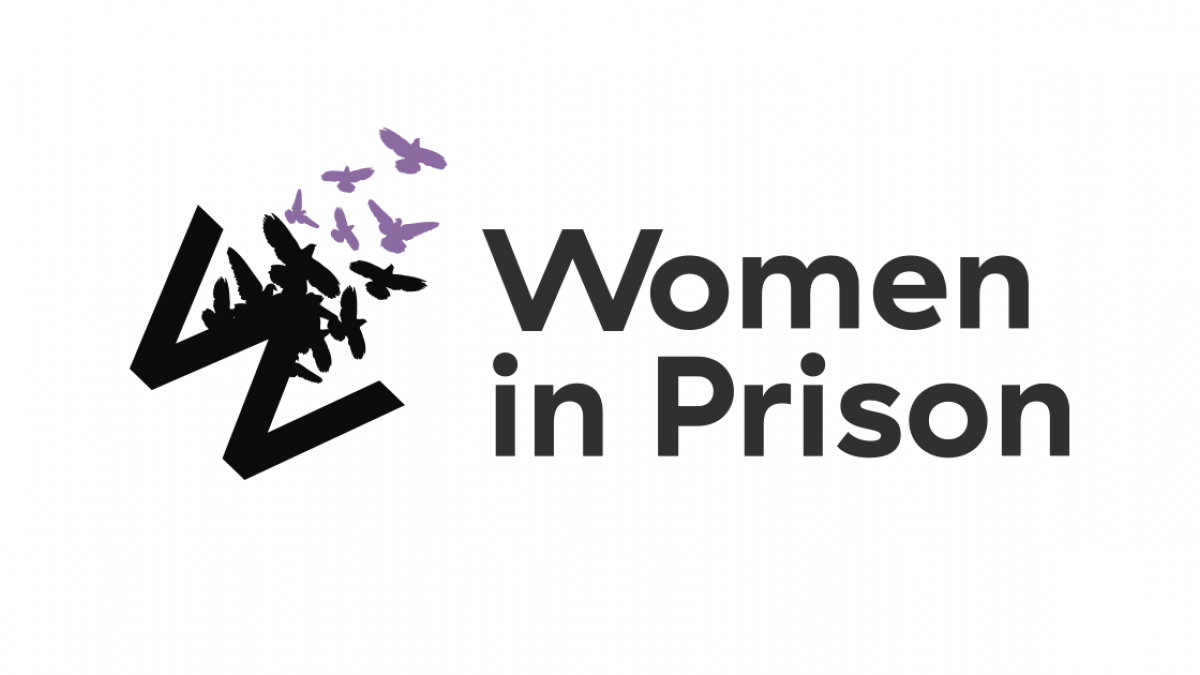
Women in Prison is a UK based charity which supports women affected by the criminal justice system, working towards a society were structural inequalities no longer exist for women and girls in the justice system. Women in Prison works to provide important information for women in the justice system such as how to contact Safter Custody Teams, how to deal with wrongful convictions, and guidance for women with children in court.
Women in Prison also carry out advocacy towards policy makers for encouraging a safer and equal justice system for women and girls.
In 2024 the organisation ran 2566 support sessions for women covering areas such as mental health, accommodation and finance and ran 140 drop-in and workshop sessions in communities focusing of emotional wellbeing, support circles and healthy relationships. Overall, they supported 1468 women in prisons and communities.
Revolving doors have reached over 2500 people through the services they support and have 53 peer research missions.

